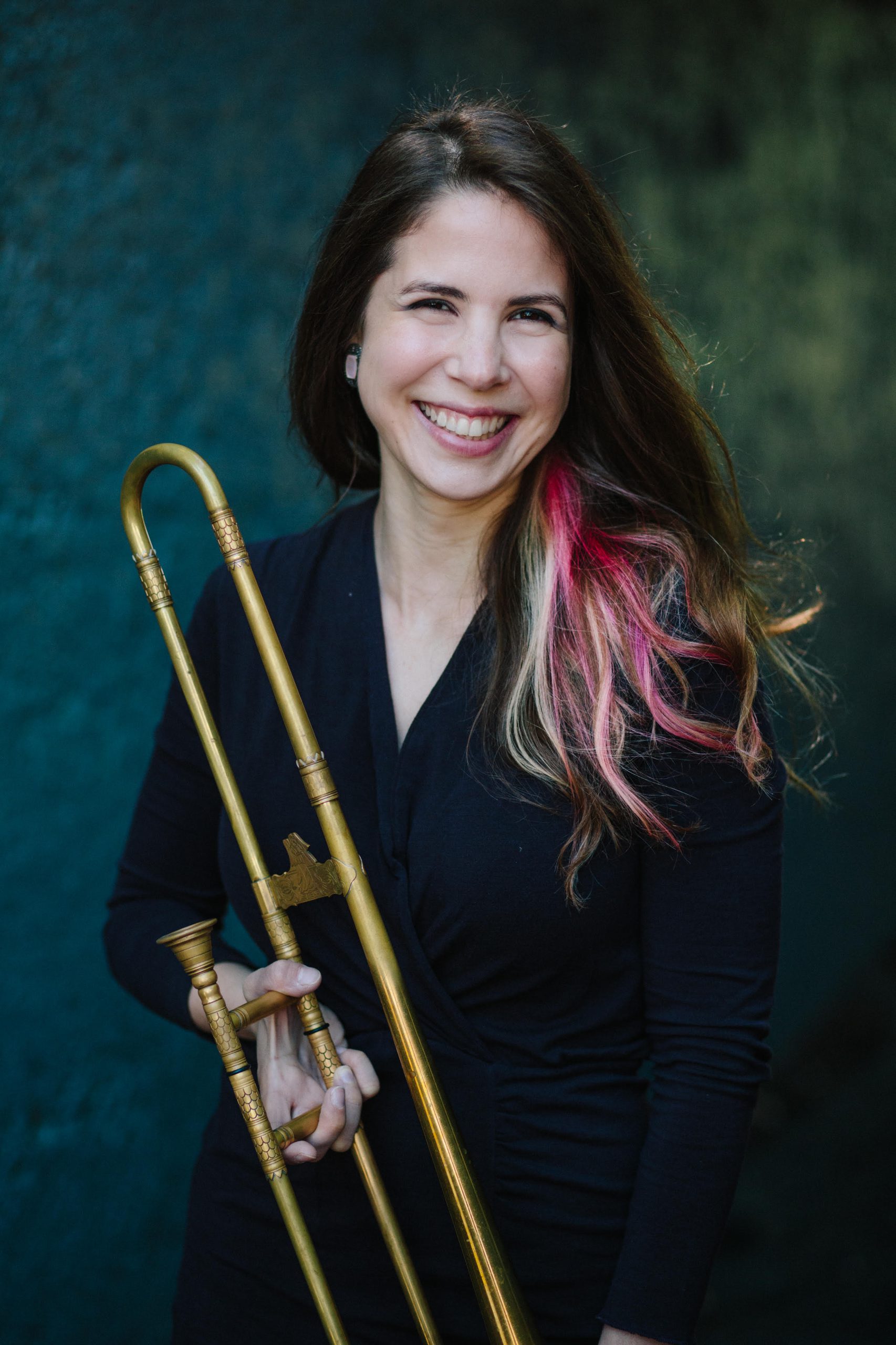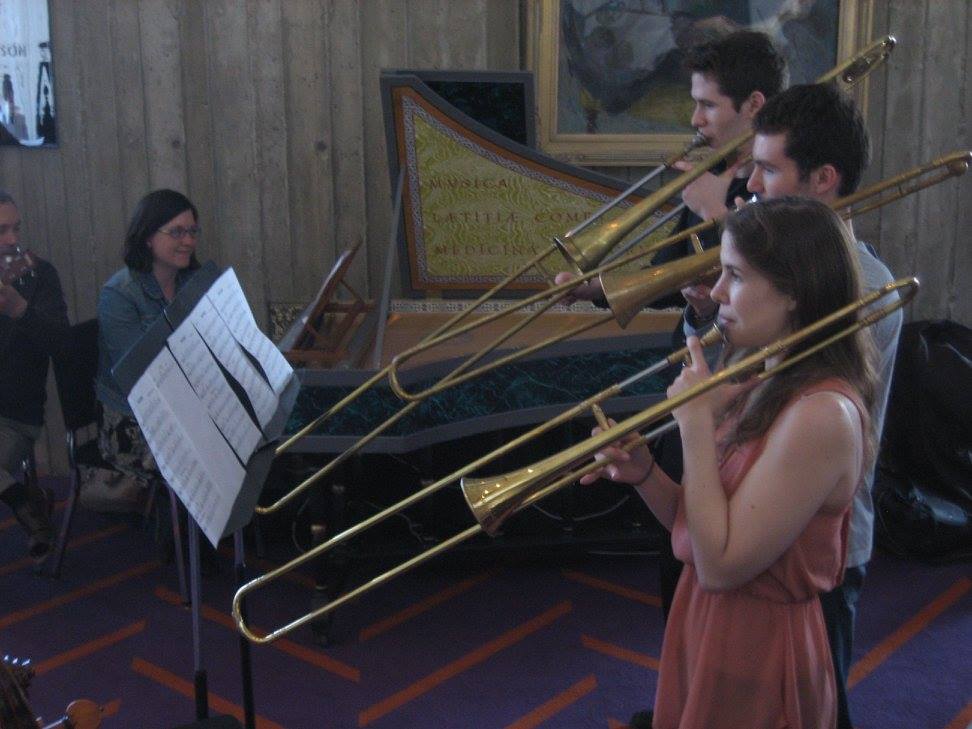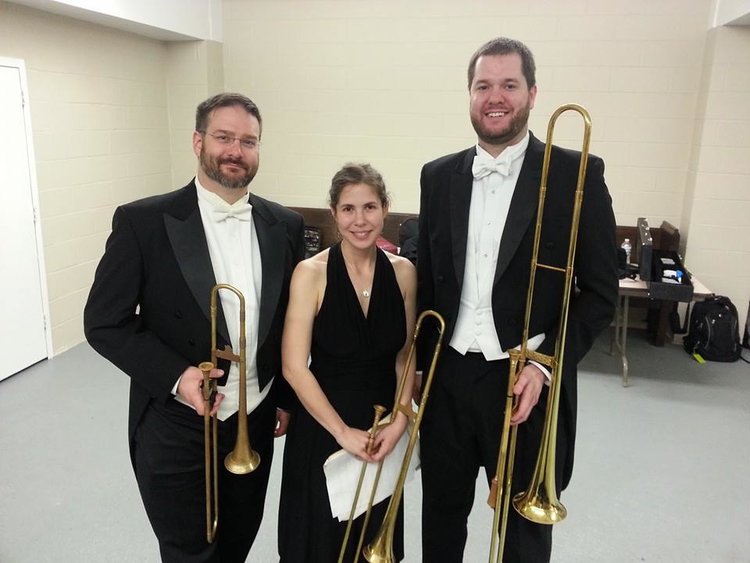 PROFESSIONAL GROWTH
PROFESSIONAL GROWTH
Click on the tabs below to advance your career by searching Contests & Awards, Schools, Festivals, Camps, Service Organizations, and our list of Services and Products, Scholarships and Grants and Events and Conferences.
And be sure to browse the excellent career advice offered by legendary Artist Manager Edna Landau in her Ask Edna blog and the entertainment law experts in their Law and Disorder blog.

US/Canada Arts Administration Degree Programs
Music Schools & Departments
Summer Music Camps & Special Programs
Services & Professional Music Orgs (non-profit)
Performing Arts Industry Events and Conferences
AskEdna: Career Advice blog
Scholarships and Grants
 Edna Landau—doyenne of the music business, long-time managing director of IMG Artists and director of career development at the Colburn Conservatory of Music in Los Angeles—writes Ask Edna exclusively for MusicalAmerica.com to provide invaluable advice to music students and young professional artists. Read more about Edna’s impact on the performing arts.
Edna Landau—doyenne of the music business, long-time managing director of IMG Artists and director of career development at the Colburn Conservatory of Music in Los Angeles—writes Ask Edna exclusively for MusicalAmerica.com to provide invaluable advice to music students and young professional artists. Read more about Edna’s impact on the performing arts.Send your questions to Edna Landau at AskEdna@MusicalAmerica.com and she’ll answer through Ask Edna. Click the links below to read Edna’s recent columns on the critical aspects of launching and managing and professional music career.
Communicating with Your Audience
During Edna’s 23 years as managing director of IMG Artists, she personally looked after the career of violinist, Itzhak Perlman and launched the careers of musicians such as pianists Evgeny Kissin and Lang Lang, violinist Hilary Hahn, and conductors Franz Welser-Mõst and Alan Gilbert.
Edna believes young musicians can grow their own careers, with “hard work, blind faith, passion for the cause, incessant networking and a vision that refuse[s] to be tarnished by naysayers.”
People in the News
New Artist of the Month: Trombonist Liza Malamut
 When Liza Malamut saw that Chicago’s Newberry Consort was seeking a new artistic director, she was reluctant to apply. The trombonist was relatively new to arts leadership, having just recently co-founded the sackbut-and-viol ensemble Incantare. And besides, she hadn’t performed with the Consort before, much less lived in Chicago.
When Liza Malamut saw that Chicago’s Newberry Consort was seeking a new artistic director, she was reluctant to apply. The trombonist was relatively new to arts leadership, having just recently co-founded the sackbut-and-viol ensemble Incantare. And besides, she hadn’t performed with the Consort before, much less lived in Chicago.
Then, she got the nudge she needed. Dismayed by the dissolution of the Madison Early Music Festival, Malamut called its co-artistic director Cheryl Bensman-Rowe to ask if there was something, anything she could do to keep it going. Bensman-Rowe “thought it was a great idea” but she urged Malamut to move to the Midwest first. And speaking of which, had she seen that job at the Newberry Consort?
“The more I thought about it, the more I was excited about it,” Malamut says. She ended up emailing outgoing co-directors Ellen Hargiss and David Douglass the day after the application window had closed—“and here we are,” Malamut says breezily. Newberry Consort named Malamut its artistic director designate in 2021, starting in the 2022/23 season.
Malamut, 40, has since relocated from Boston to Chicago; four to five times a month, she heads out to Indiana University’s Jacobs School to teach historical trombone. At the time we connect, however, she’s in Rochester, NY, for a quick day of rehearsals with Incantare, with whom she still performs and tours. The room she’s in is bright with the afternoon sun, a ray igniting the hot-pink streaks in her hair. Similarly, the usually calm and collected Malamut lights up where sackbut performance-practice is concerned.
“Actually, most things align with the modern trombone: You're still breathing into a long metal tube, the positions don't change, and the slide length is the same—between the tenor trombone and sackbut, between the alto trombone and sackbut,” she explains. “But you can't overblow the instrument, because the metal is much thinner. The conical bell is there to help you get more of a vocal sound, because [back then] the trombone would have been very at home playing with, or even as a substitute for, human voices. It needed to have a very warm, rich timbre.”
Another departure from the modern trombone is the mouthpiece. The interior of a modern instrument’s mouthpiece is curved, from the rim covering the player’s lips to the internal shape of the cup. But cups for Renaissance mouthpieces have completely flat rims and drop sharply into the section connecting to the instrument’s main tubing, “like a wine glass.” That design makes sackbut players’ articulation über-pronounced, in yet another parallel to singing.

With students at the Indiana University Historical Trombone studio
"You can use a lot more subtle syllables,” Malamut says.
Malamut’s first introduction to Newberry audiences was at the organization’s Welcome Back Gala in October 2021, which welcomed not just the new season but the group’s return to in-person performances. She kicked off her tenure auspiciously a year later, with a vivacious, big-hearted program about Europa Rossi, or “Madama Europa,” a Jewish court musician in Mantua.
Malamut admits the notion of taking over the city’s oldest extant historically informed ensemble—at 54, Music of the Baroque predates Newberry Consort by 16 years but plays on modern instruments—was “intimidating,” at first. But her concerts, like that Madama Europa program, have spoken for themselves. True to Newberry’s previous theatrical inclinations, a program on 16th-century painter Jacopo Tintoretto was framed as a traditional Italian dialogo, or rhetorical dialogue, with roots in Socrates’ writing. Other programs have focused on fringe figures in Western culture, like traveling minstrels and soothsayers.
“Personally, when I create programs, I've never really liked going down the mainstream. I've always preferred to mix the mainstream and the obscure,” Malamut says.
Meanwhile, Malamut’s Consort is the most collegial yet, whether due to her change in approach or fiscal realities as a result of the pandemic. (She reports that the ensemble averages an operating budget of $300,000–$360,000 per season.) Newberry’s 2022/23 season finale tackled Michael Praetorius’s Polyhymnia Caduceatrix et Panegyrica with the help of chamber chorus Bella Voce, itself oriented primarily towards pre-Classical repertoire. Newberry’s fleet of sackbuts also joined Haymarket Opera’s pit for its production of Francesca Caccini’s La liberazione di Ruggiero dall’isola d’Alcina. Both were first-time collaborations for Newberry, which, in the past, would sooner collaborate with peers in other cities than those in their own backyard.

Mozart Requiem trombone section with the Clarion Music Society in NYC
Malamut’s background as a sackbut specialist also means that Newberry has never been so brassy, making the once strings- and winds-oriented ensemble a destination for historical brass players. The Bella Voce collaboration featured four trombones and two cornetts. The Tintoretto program brought in Incantare, Malamut’s other ensemble, as guests and curators. She even secured a 2023 gala appearance by Jürgen Krauss, a Great British Bake Off fan favorite who is also a hobbyist player of historical trombones.
The music world is taking note, and rightfully so. A recent Early Music America feature singled out Malamut and Priscilla Herreid, of Piffaro in Philadelphia, as “first-time artistic directors… bringing a fresh perspective” to their established ensembles.
For Malamut, that perspective is a global one. She says she wants to continue exploring traditions contemporaneous to Newberry’s bread-and-butter in the European Renaissance and Baroque. Predecessors Hargiss and Douglass began that work with A Mexican Christmas, a seasonal Newberry tradition they committed to disc before their retirement; since last season, Malamut has expanded that into the broader Latin American Christmas. Newberry’s May 2025 closer will offer music from the Ottoman Empire, with the help of multi-instrumentalist Ronnie Malley.
“We both felt it was really important to demonstrate that this music is also early music,” Malamut says.
Next up: the launch of Malamut’s third season later this month. “I Tremble Not: Music from Jacobean England for Viols, Brass, and Voices” (Oct. 18–20) will be Newberry’s largest concert of the season, with four viols, five brass players, five singers, and continuo. The program seizes on the recent surge of pop-culture interest in Jacobean England and spotlights the milieu’s colorful cast of historical characters. For example, some of the featured composers—like Nicholas Lanier, Alfonso Ferrabosco the Younger, and Angelo Notari—were believed to have been spies either for or against the crown.
Further heightening the concert’s theme of political intrigue is composer John Dowland’s “Fortune My Foe,” based on an English broadside ballad that became known as “The Hanging Tune.” The Dowland will be played by Newberry’s lutenist Brandon Acker, (MA’s March 2023 New Artist of the Month) then sung as “The Hanging Tune,” which takes its title from a text associated with executions, or the final words of condemned criminals.
“While you had this huge investment in culture, you also had a lot of unrest. I thought those two things together made a really fascinating story,” Malamut says. And one chock full of parallels with our own time, no doubt.
Photo: Tatiana Daubek







 FEATURED JOBS
FEATURED JOBS

 RENT A PHOTO
RENT A PHOTO





